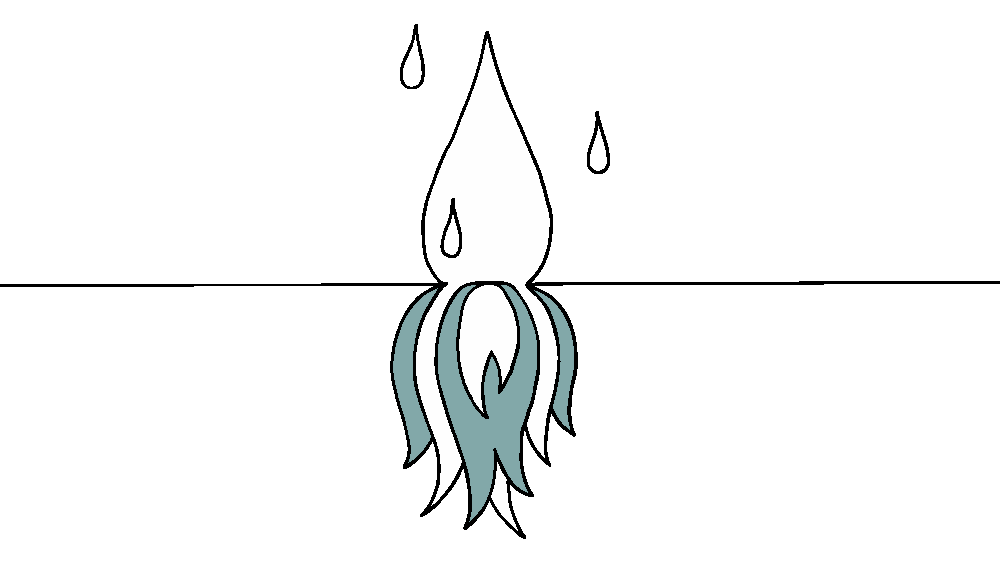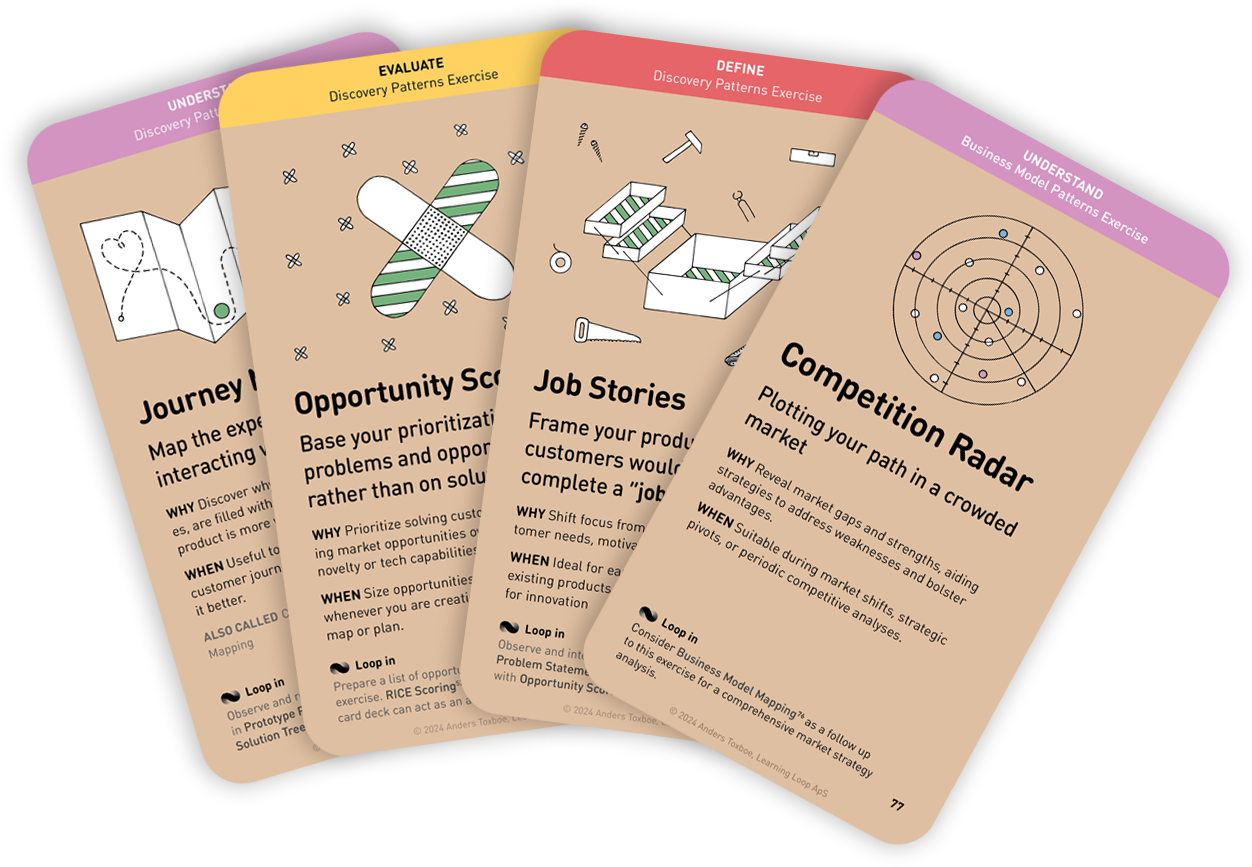
Why: Making anti-solutions viable fosters critical thinking and makes pivoting easier
When: Use when a fresh and unconventional perspective is needed to tackle persistent design challenges
The act of flipping anti-solutions back to viable solutions for the actual problem helps in developing critical thinking skills, particularly the ability to reverse-engineer and pivot ideas effectively.
This exercise is effective in situations where conventional brainstorming has plateaued or when a fresh, unconventional perspective is needed to tackle persistent design challenges.
By focusing on solving the opposite of the actual problem, this exercise encourages participants to break free from conventional thinking patterns and explore ideas from a completely different angle. The challenge of coming up with ‘anti-solutions’ using insights from psychology forces participants to think creatively, flexibly, behaviorally while adapting and applying psychological concepts in unexpected ways.
This approach aims to broaden participants’ perspectives on the real problem by examining it through the lens of its opposite, often revealing hidden assumptions and alternative solutions. The process of flipping the anti-solutions back to address the real problem can lead to unique and out-of-the-box solutions that might not emerge through traditional brainstorming methods.
By addressing the anti-problem, participants delve deeper into the underlying mechanics of the actual problem, gaining a more comprehensive understanding of its facets. The exercise is designed to produce unconventional ideas that challenge the status quo, fostering creativity and innovation in design thinking. Its playful and unconventional nature encourages active engagement and collaboration among participants, making the brainstorming process more enjoyable and dynamic – also creating a safe and enjoyable space to fail.
Instructions for running this play
Before the exercise. Prepare a clearly defined design challenge or problem statement for the group to work on. Ensure it’s specific enough to guide their thinking, yet open-ended to allow for creativity.
- Introduce the exercise
Start by introducing the concept of the “Anti-Problem” to the participants. Clearly define the actual design problem or challenge the group is addressing. - Identify the Anti-Problem
Facilitate a discussion around what the perfect ‘anti-problem’ could be – that is the opposite of the real problem. For instance, if the real problem is “increasing user engagement on a website”, the anti-problem could be “how to reduce user engagement on the website”. - Distribute Persuasive Pattern Cards
Hand out a limited set (5-10) of persuasive pattern cards randomly among the participants or groups and instruct participants to use the ideas and principles on their cards to brainstorm solutions for the anti-problem. Encourage them to be as creative and unconventional as possible using the psychological insights from the cards handed out to generate ideas. The goal is to generate ideas that will help achieve the opposite goal of what would be done typically. - Present anti-solutions
Have each participant or group present their anti-solution, explaining how they used the cards to develop their ideas. - Flip It Back discussion
Engage the group in a discussion to ‘flip’ these anti-solutions back into viable solutions for the actual problem. Explore how looking at the problem from this inverted perspective can lead to unique and innovative solutions. - Refinement and synthesis
Based on the discussion, refine the flipped ideas into practical solutions for the real design challenge. Encourage participants to synthesize different elements from the various anti-solutions presented.
A collection of workshop exercises that will help you ditch dull meetings and facilitate with confidence. It will help you master the design process and have more productive time with your team. The card deck will be ready for purchase in the end of 2026 and is now undergoing rigorous testing.
Reserve your deck!